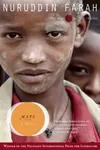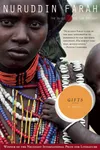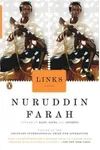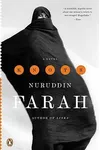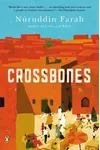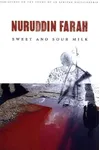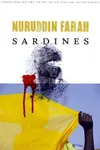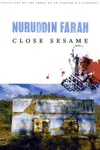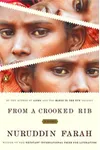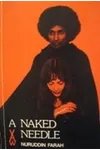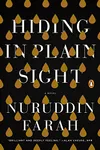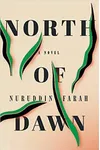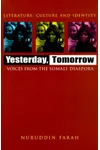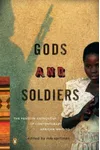Picture a Somali storyteller who turned the chaos of exile into gripping tales of identity and resilience—meet Nuruddin Farah! Born in 1945 in Baidoa, Somalia, this acclaimed novelist weaves the complexities of his homeland’s history into narratives that explore colonialism, nationalism, and feminism. With a career spanning decades and continents, Farah’s vivid prose has earned him global recognition, including the prestigious Neustadt International Prize for Literature.
Farah’s journey is as compelling as his stories. Forced into exile for over two decades due to his politically charged writing, he’s kept Somalia alive in readers’ imaginations through his powerful novels. Whether you’re new to his work or a longtime fan, Farah’s tales of human struggle and triumph are a must-read adventure.
The Making of Nuruddin Farah
Nuruddin Farah was born in Italian Somaliland, where his father, a merchant, and his mother, an oral poet, instilled in him a love for language. Growing up in Baidoa and later the Ogaden region, he learned Somali, Arabic, Amharic, and English, navigating a multicultural world shaped by colonial shifts. Fleeing border conflicts in 1963, Farah settled in Mogadishu, working as a typist before studying philosophy, literature, and sociology at Panjab University in India. It was there, at age 25, that he penned his debut novel, From a Crooked Rib, launching a career that would redefine African literature.
Nuruddin Farah’s Unforgettable Stories
Farah’s novels are a tapestry of Somalia’s soul, blending magical realism, psychological depth, and feminist perspectives. His debut, From a Crooked Rib (1970), follows Ebla, a nomad girl escaping an arranged marriage, and is hailed as a feminist milestone in African literature. The Variations on the Theme of an African Dictatorship trilogy—Sweet and Sour Milk (1979), Sardines (1981), and Close Sesame (1983)—dissects authoritarianism with sharp prose, earning international acclaim.
His most famous work, Maps (1986), kicks off the Blood in the Sun trilogy, using second-person narration to explore identity during the 1977 Ogaden conflict. Later novels like Links (2004) and North of Dawn (2018) tackle exile and diaspora, showcasing Farah’s ability to capture Somalia’s evolving struggles. His style, rich with cultural nuance and lyrical intensity, makes every page a journey through human resilience.
Why Nuruddin Farah Matters
Nuruddin Farah is more than a novelist—he’s a voice for Somalia’s past and present. His works challenge stereotypes, giving depth to African narratives often overlooked in global literature. By centering women’s stories and critiquing power structures, Farah has inspired generations of writers and readers. His exile, spanning cities from Berlin to Cape Town, mirrors the displacement in his stories, yet his commitment to Somalia’s spirit remains unwavering, earning him nominations for the Nobel Prize in Literature.
Farah’s legacy lies in his ability to make the personal political, turning individual struggles into universal truths. His novels are a bridge between cultures, inviting readers to see Somalia through a lens of empathy and complexity.
About Nuruddin Farah
- Born: November 24, 1945, Baidoa, Somalia
- Key Works: From a Crooked Rib, Maps, Sweet and Sour Milk, North of Dawn
- Awards: Neustadt International Prize for Literature (1998), Premio Cavour, Kurt Tucholsky Prize
- Lives: Minneapolis, Minnesota, and Cape Town, South Africa
Ready to explore Somalia through Farah’s eyes? Snag Maps or From a Crooked Rib and dive into his lyrical, thought-provoking world!
